She Asked for a Repair. They Said “Buy New.”
So She Built This Instead.
Today’s sustainable snapshot👇🏽
She Asked for a Repair. They Said, “Buy New.”
Quiz Time!
Startup of the Week: Aircela
5 Sustainable Brands That I Recently Discovered
3 Stories That Lifted My Spirits This Week
🤷🏽♀️ She Asked for a Repair. They Said, “Buy New.”
So She Built This Instead.
It started with a favorite pair of pants and a ripped seam.
When Agnes Weber’s go-to trousers gave out, she reached out to the brand, hoping for a quick fix. What she got instead was a generic 10% discount on a new pair.
“That felt so impersonal,” she remembers. “Why didn’t they just help me fix what I already loved?”
That small moment of frustration and disappointment set Agnes on a new path. Instead of buying new, she envisioned a future where brands stood behind their products long after the sale, where repair wasn’t a last resort, but a built-in service.
That’s how MENDED was born: a repair platform that helps fashion brands in the Netherlands and Germany give new life to worn clothes and build stronger connections with their customers.
What started with a single ripped seam has now become a movement.
Through MENDED, brands are turning repair into a premium service that brings people back into stores, builds brand loyalty, and keeps clothes out of landfills.
“Repair isn’t just good for the environment,” Agnes says. “It’s good for business too.”
⌛ Time for the quiz of the week
Note: Answer at the end of the newsletter. No one (including me) can see your response, so feel free to vote. 😉
✨ Startup of the Week: Aircela
This team has created a fridge-sized machine that turns air and water into real gasoline using renewable electricity.
Aircela is a carbon-capturing machine that, well, captures carbon from the atmosphere and converts it into engine-ready gasoline. All this is done using three ingredients: air, water, and renewable electricity.
Here’s how it works:
Capturing Carbon from the Air: Aircela’s machine uses a water-based solution containing potassium hydroxide (KOH) to capture carbon dioxide (CO₂) directly from ambient air. Air flows through a specially designed chamber where it contacts the liquid sorbent, efficiently capturing CO₂.
Producing Hydrogen from Water: Using electrolysis, powered by renewable electricity, water (H₂O) is split into hydrogen and oxygen. The hydrogen is kept for fuel synthesis; the oxygen is safely released. At the same time, the sorbent used in the capture step is regenerated for reuse, allowing the cycle to run continuously.
Synthesizing Fuel: The captured CO₂ and hydrogen are combined to create methanol. That methanol is then converted into gasoline through a two-step catalytic process known as methanol-to-gasoline (MTG). The result is fossil-free, engine-ready gasoline, fully compatible with existing engines and infrastructure.
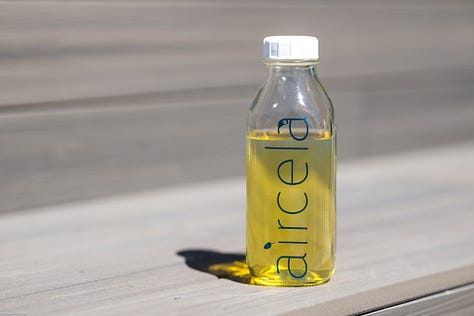
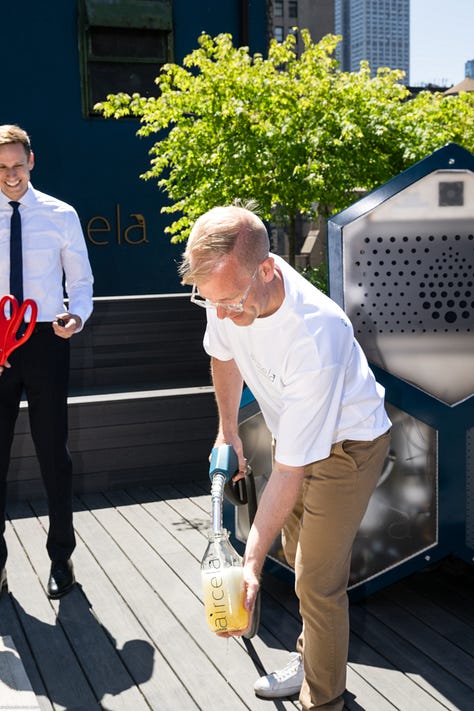
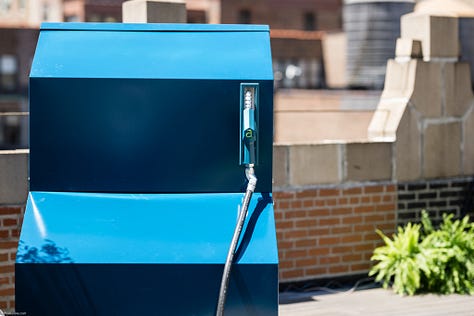
Now, of course, when this gasoline is burned in any internal combustion engine, it releases CO2 again. But since it’s coming from recirculating carbon that was already in the atmosphere, it’s not adding more carbon (or using any fossil fuels to do that).
Aircela could be placed in households, creating a rooftop gas station, or they could be set up in a solar farm, replacing the need to go to gas stations.
✅ 5 Sustainable Brands That I Recently Discovered
🇦🇺 Uluu: Using seaweed to create a plastic alternative.
🇫🇮 Resiclo: Converting plastic waste into new raw materials.
🇫🇷 Poppins: Helping people to borrow or rent stuff from neighbors.
🇮🇳 Roha Biotech: Using mushrooms to create a plastic packaging alternative.
🇬🇧 Buy Me Once: Making it easy to find stuff that lasts.
😹 3 Stories That Lifted My Spirits This Week
1️⃣ Pakistan's Power Play Goes Off-Grid
Facing scorching 120°F heat, soaring bills, and an unreliable grid, Pakistanis aren't waiting for solutions — they're creating them. In just three years, solar energy jumped from 4% to 14% of electricity generation as everyday citizens, from farmers to city dwellers, installed cheap Chinese panels to escape blackouts and cut costs. This grassroots revolution, born of necessity rather than environmental ideology, is transforming lives with reliable cooling, irrigation, and cleaner air (no more diesel generators!).
2️⃣ Riding the Wave: Scotland's Tidal Triumph Makes Quite a Splash!
Off Scotland's coast, a remarkable tidal turbine has been quietly making history, operating continuously underwater for over 6.5 years without a hitch. Part of the MeyGen project, this durability milestone proves tidal energy's viability in harsh conditions. With four turbines already powering about 7,000 homes and plans for 130 more, this predictable clean energy source offers advantages over weather-dependent alternatives.
3️⃣ The Bag-gage Fee That Cleaned Up Town
Plympton, Massachusetts, turned its trash problem into treasure by switching to a "pay-as-you-throw" system that charges per garbage bag, rather than a flat fee. The results were dramatic: trash output nearly halved from 640 to 335 tons annually, saving the town $65,000 and reducing landfill emissions. By making waste costs visible, the system naturally encouraged recycling and composting without unfairly burdening smaller households.

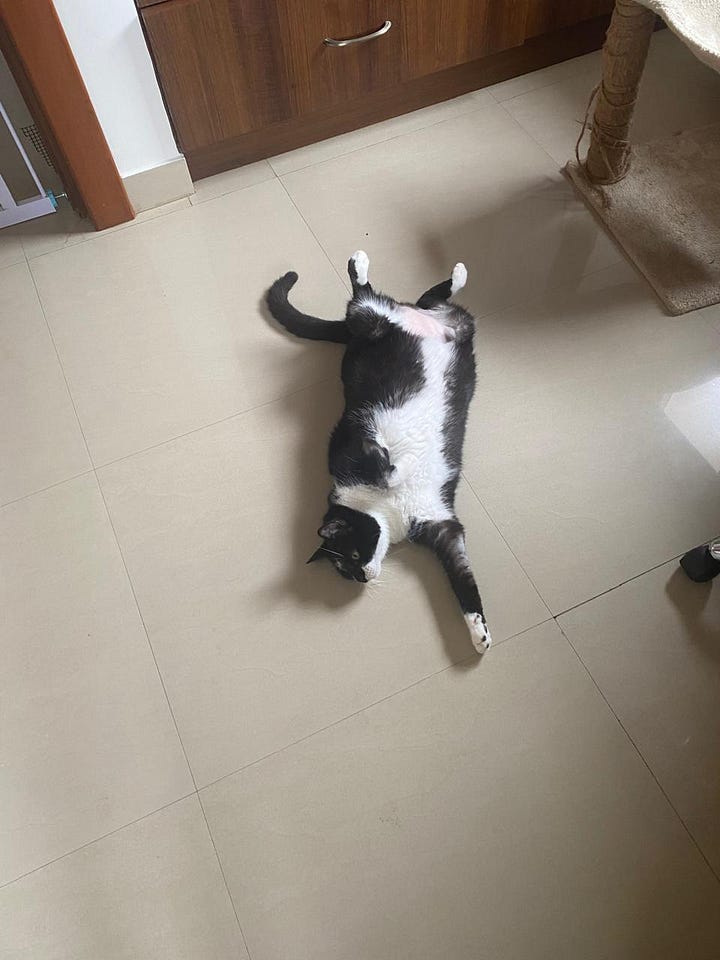
Give that 💚 a little tap if this edition helped you learn something new about sustainability and climate change. Have a good weekend, and see you next week :)



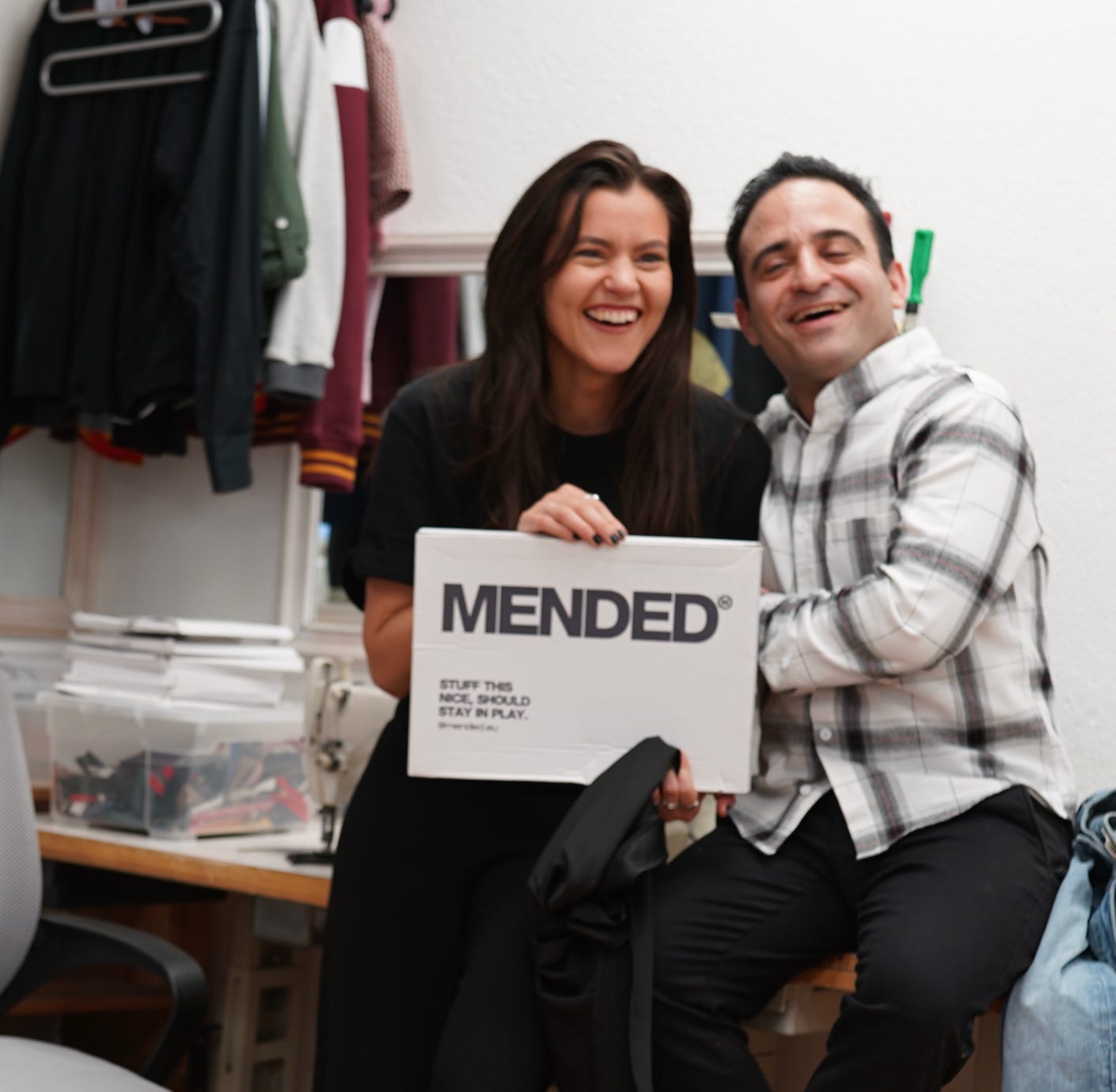
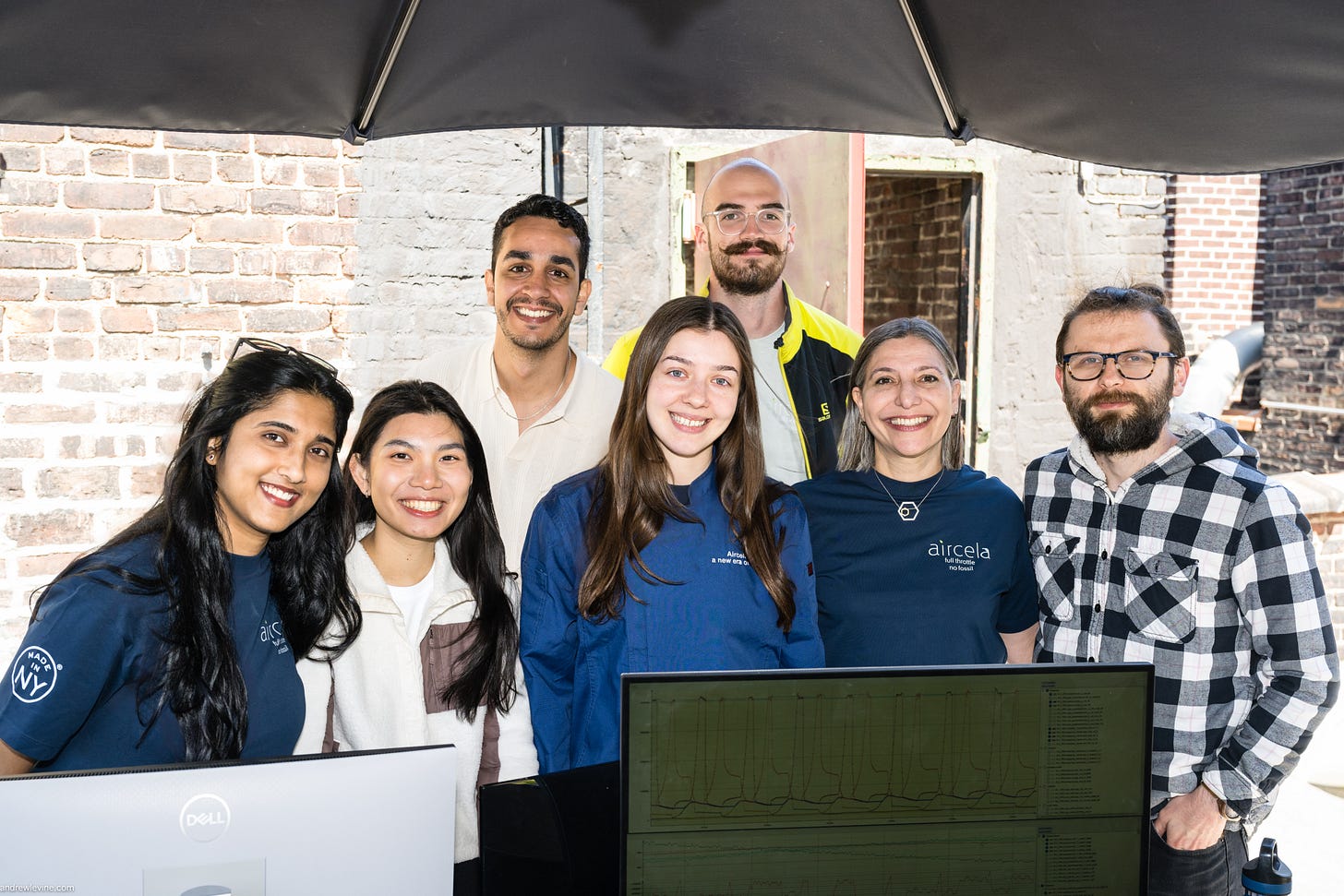
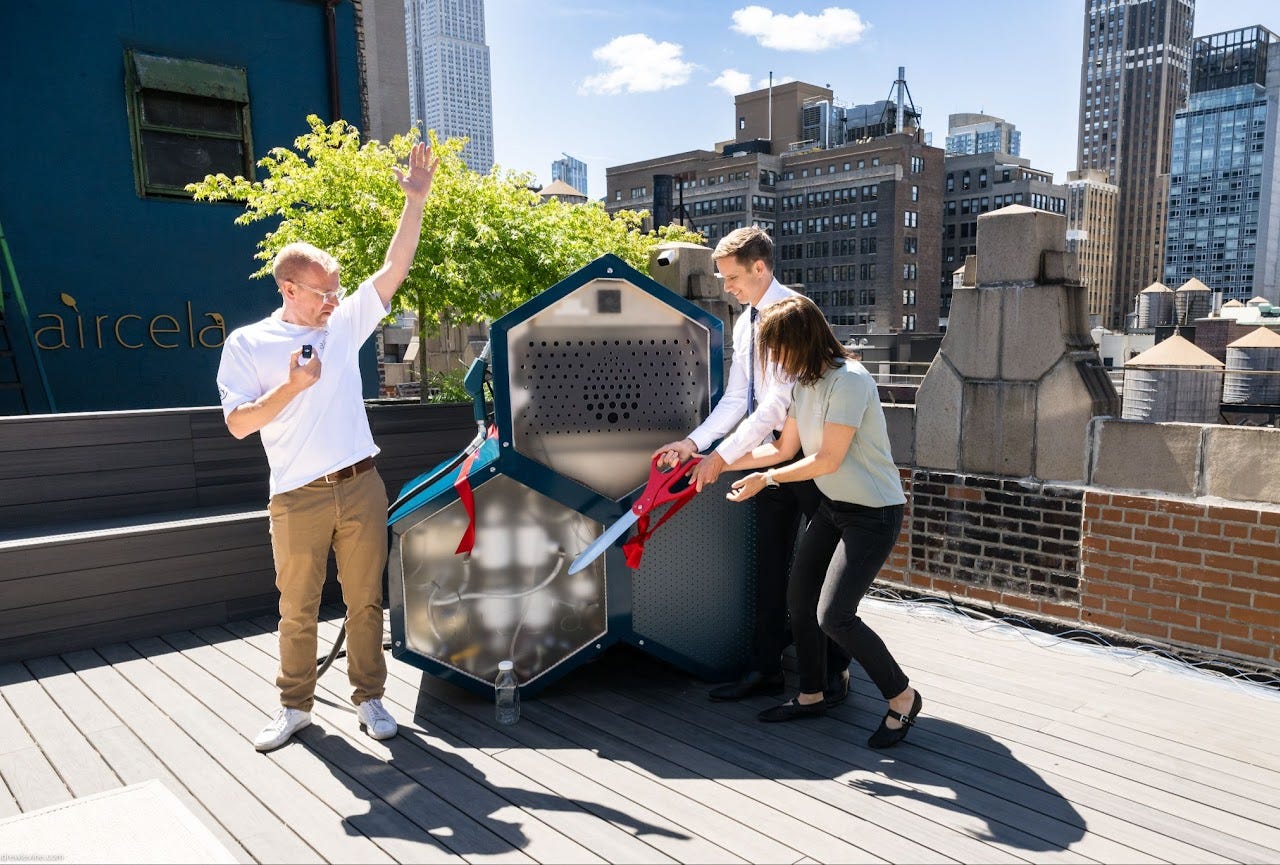

I have some doubts about that Lisbon-wide reusuble cup return system... Right now it ain't city-wide since it's only implemented in 2 areas, but more is yet to come. Will see what the future brings.